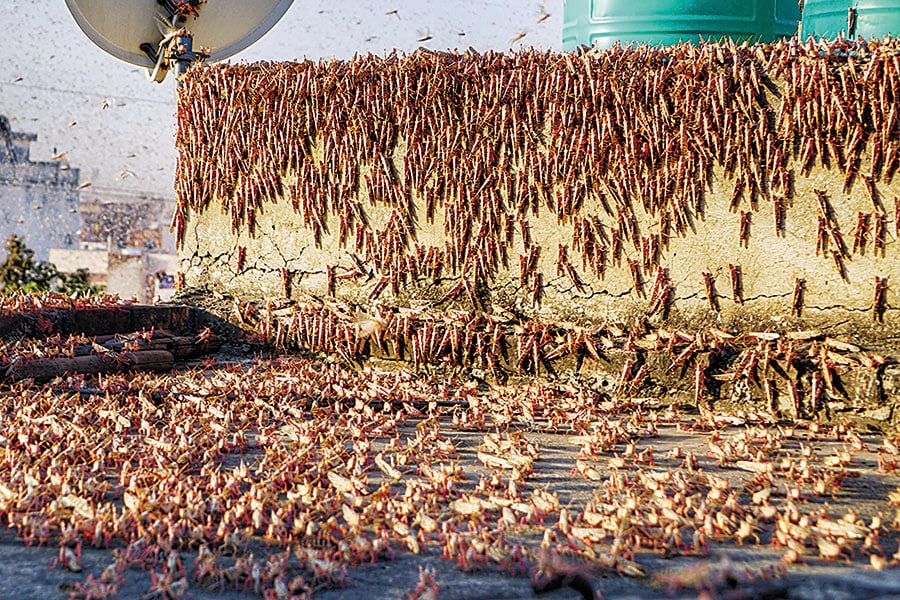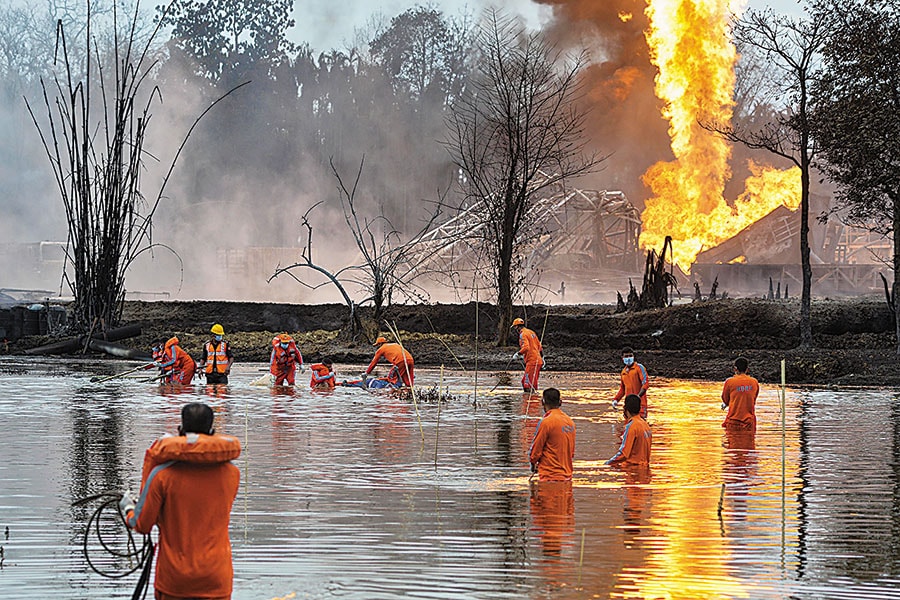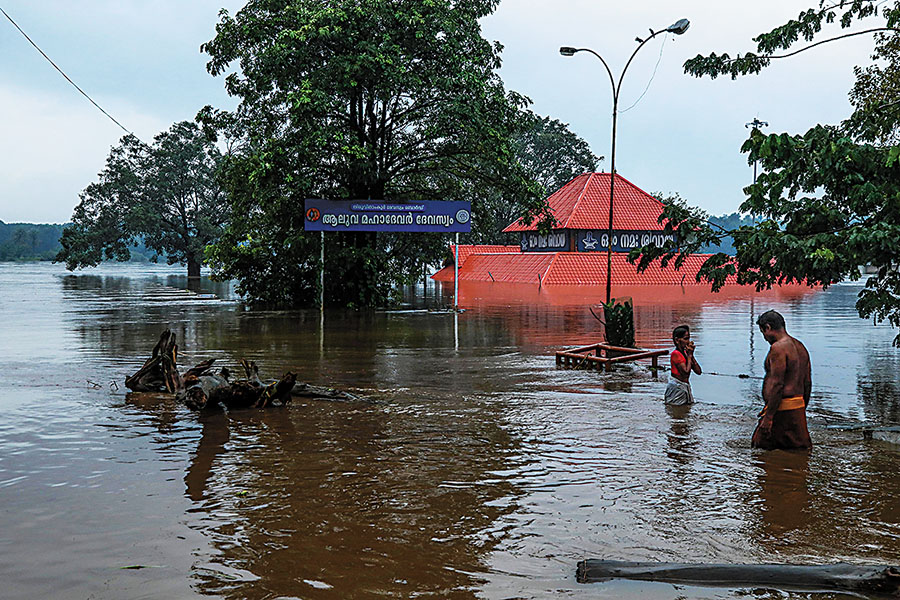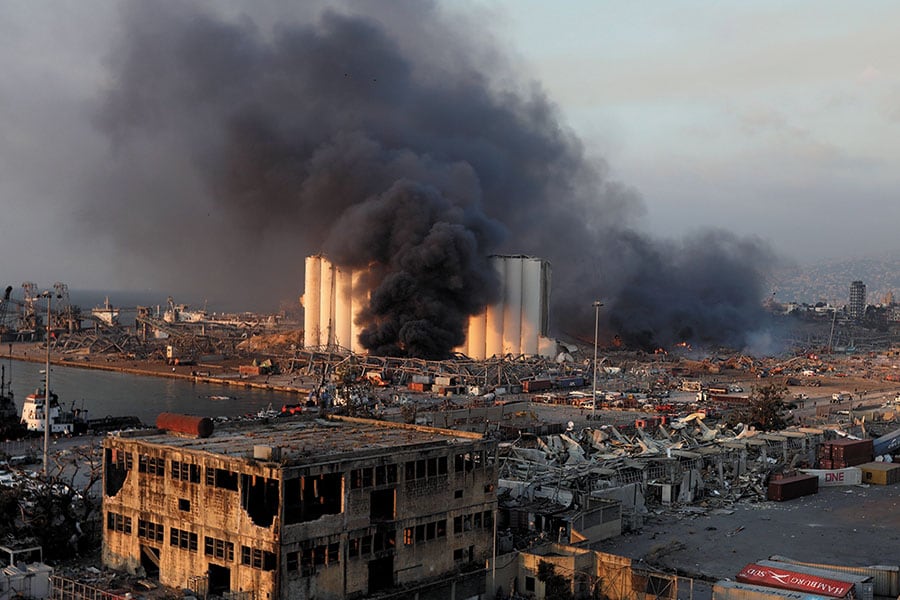
What happened in 2020: Beyond the virus and vaccines
Covid-19 took up most of our attention in 2020, but here's a look at some other significant events around the world, lest you missed them
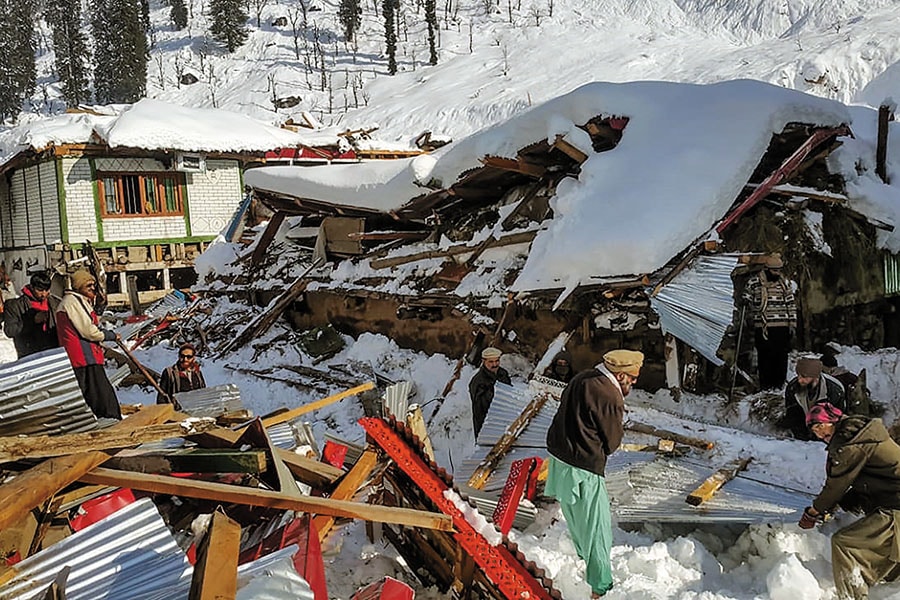
Locals clear debris of a collapsed house following snowfall that triggered an avalanche in Pakistan-admnistered Kashmir's Neelum Valley in January 2020
Image: STR/AFP
January 2020
Avalanches and landslides in Pakistan-administered Kashmir
Triggered by heavy rain and snow, avalanches and landslides killed more than 100 people and destroyed more than 200 homes in Pakistan-administered Kashmir and parts of Afghanistan. Although prone to weather disasters, the Neelum Valley in Pakistan, and regions such as Kandahar and Kabul in Afghanistan reported being severely hit, leaving many people cut off from help. Eight people were also reported dead in parts of India-administered Kashmir.
Antarctica’s first-ever heatwave
(This story appears in the 30 November, -0001 issue of Forbes India. To visit our Archives, click here.)
